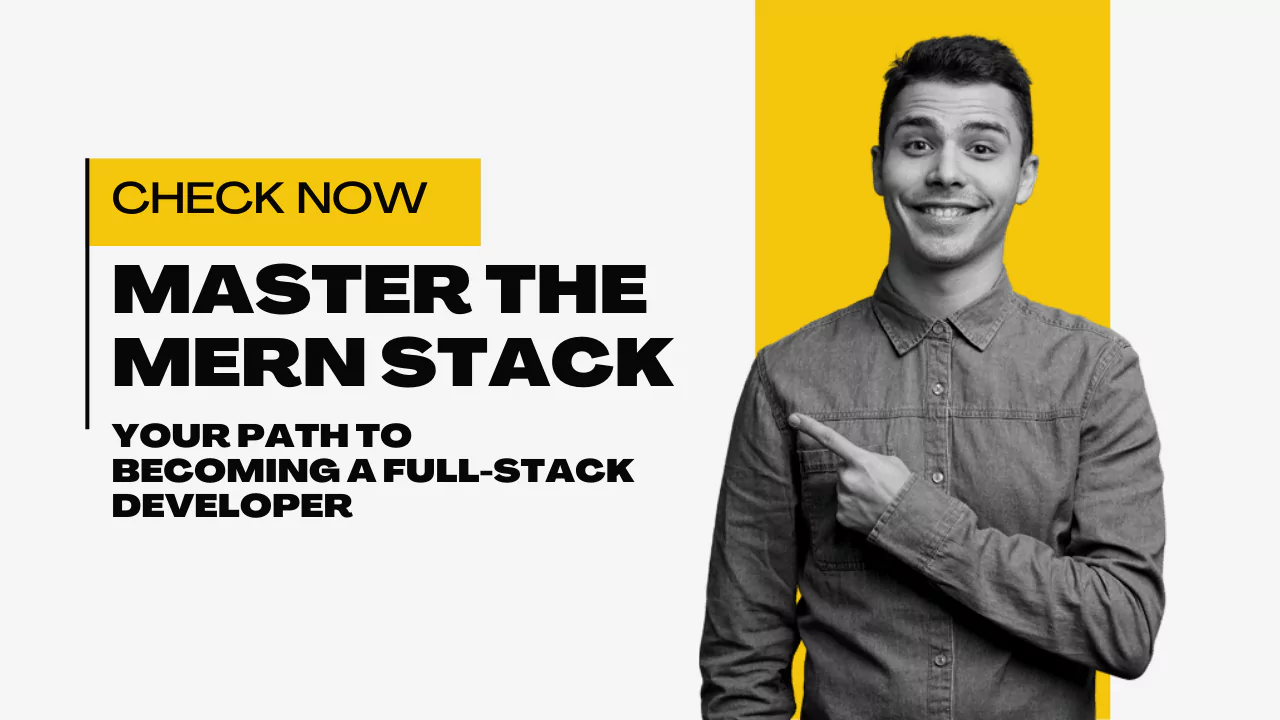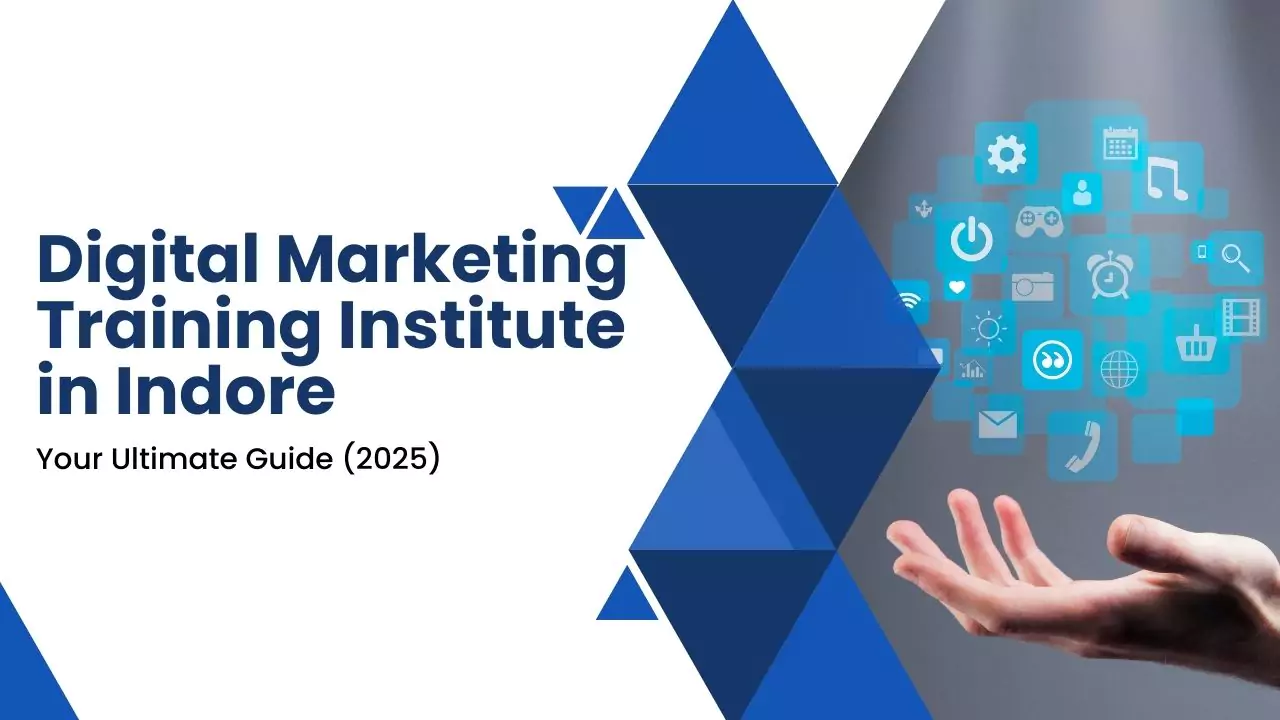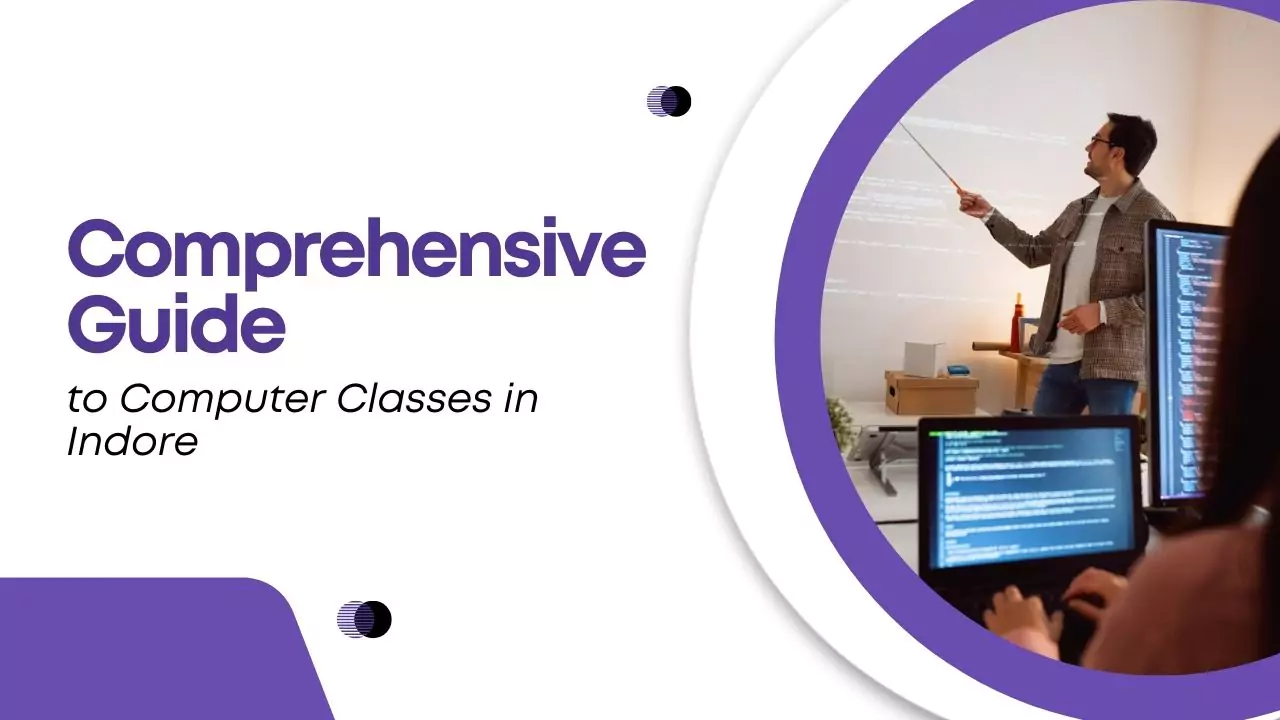In today’s rapidly evolving tech landscape, full-stack developers are in high demand, and MERN Stack training is your gateway to joining their ranks. Whether you’re new to web development or looking to advance your skills, learning the MERN stack equips you with the essential tools to build robust, dynamic web applications. In this blog, we’ll walk you through everything you need to know about MERN stack training and how it can propel your career to new heights.
What is the MERN Stack?
The MERN stack is a collection of technologies that simplifies the process of building full-stack web applications. It comprises four core technologies:
- MongoDB: A NoSQL database that stores data in a flexible, JSON-like format.
- Express.js: A minimalist web framework for Node.js, which helps in creating server-side applications and APIs.
- React: A JavaScript library used to build dynamic, single-page user interfaces.
- Node.js: A JavaScript runtime that enables back-end development outside of a browser.
This stack’s simplicity, flexibility, and power have made it a top choice for developers, allowing you to use JavaScript for both the front-end and back-end.
Why Learn the MERN Stack?
The tech world is moving towards full-stack developers who can handle both front-end and back-end operations. Here’s why learning MERN stack is a smart move:
- High Demand for Full-Stack Developers: Companies are constantly seeking versatile developers who can build complete applications. Full-stack developers, especially those proficient in MERN, command attractive salaries and job opportunities.
- Versatility: With just one language—JavaScript—you can build entire applications from start to finish. No need to juggle multiple technologies.
- Community Support: MERN is open-source, meaning there’s an enormous community of developers offering resources, libraries, and support.

Key Components of MERN Stack
MongoDB: A document-oriented database, MongoDB uses collections and documents rather than tables and rows, making data handling more flexible for modern applications.
Express.js: This framework simplifies handling requests and managing databases, ensuring smooth server-side development.
React: One of the most popular front-end libraries, React allows developers to create dynamic user interfaces and manage the application state seamlessly.
Node.js: A game changer for JavaScript, Node.js lets developers use JavaScript outside of the browser, making it ideal for server-side coding.
Benefits of Learning MERN Stack
Full-Stack Mastery: By learning the MERN stack, you’ll gain the ability to build end-to-end applications, covering everything from database management to user interfaces.
Job Security: With the demand for full-stack developers on the rise, learning MERN gives you a competitive edge in the job market.
High Salary Potential: According to industry data, MERN stack developers can command lucrative salaries. In the U.S., for example, full-stack developers earn an average salary of $110,000 per year

Top MERN Stack Training Programs
If you’re eager to get started, here are some top-notch training programs to consider:
Udemy: Offers a variety of self-paced courses that cater to beginners and advanced learners. The platform provides lifetime access to materials, hands-on projects, and certification(Udemy).
MIT xPRO: This professional certificate course covers full-stack development with MERN, providing market-ready skills and a portfolio to showcase your abilities to potential employers(xpro).
Edstellar: Focused on corporate training, Edstellar provides group MERN Stack workshops tailored for professionals. The course covers database design, server-side scripting, and third-party API integration(Edstellar Training).
CloudThat: Their hands-on MERN Stack certification course focuses on mastering both front-end and back-end development, offering real-world projects to solidify learning(CloudThat).
What to Expect in a MERN Stack Training Program
A comprehensive MERN Stack training program typically covers:
- Front-End Development: Mastering React to build dynamic UIs.
- Back-End Development: Learning Node.js and Express.js to handle server-side logic.
- Database Management: Using MongoDB to store and manage data.
- Real-World Projects: Building full-stack applications from scratch, preparing you for the job market.
- Deployment Skills: Deploying applications to the cloud using modern tools like Docker and Git.

FAQs About MERN Stack Training
Q: What prerequisites are needed for MERN Stack training?
Basic knowledge of JavaScript, HTML, and CSS is highly recommended before diving into MERN stack training.
Q: How long does it take to learn the MERN stack?
Depending on your pace, it typically takes 3-6 months to gain proficiency in the MERN stack, especially if you’re balancing learning with other commitments.
Q: What job opportunities can I pursue after learning the MERN stack?
After completing a MERN stack course, you can pursue roles like Full-Stack Developer, Front-End Developer, Back-End Developer, or MERN Stack Developer.
Conclusion
If you’re ready to take your web development skills to the next level, enrolling in MERN stack training is a great investment. Not only will you become proficient in one of the most in-demand stacks, but you’ll also gain the skills necessary to build dynamic, scalable web applications. At Futuristic Coding Academy, we offer MERN stack training that ensures you’re job-ready in today’s competitive tech market.
Get started today and unlock a future filled with endless opportunities in the world of web development!






